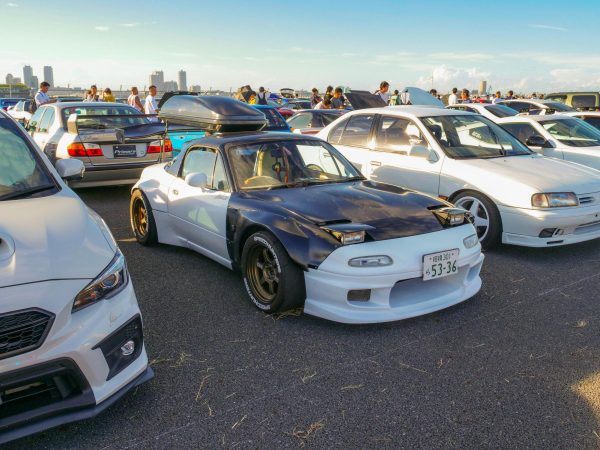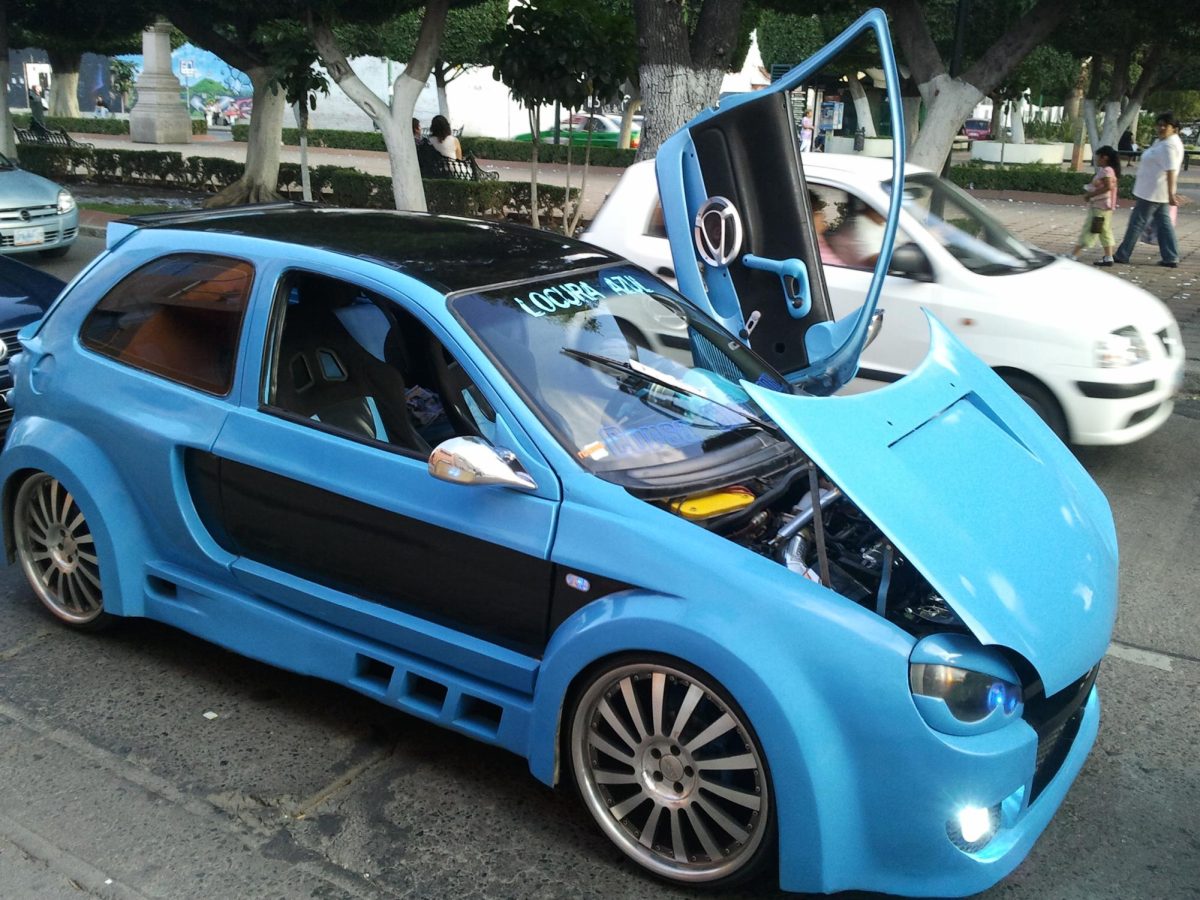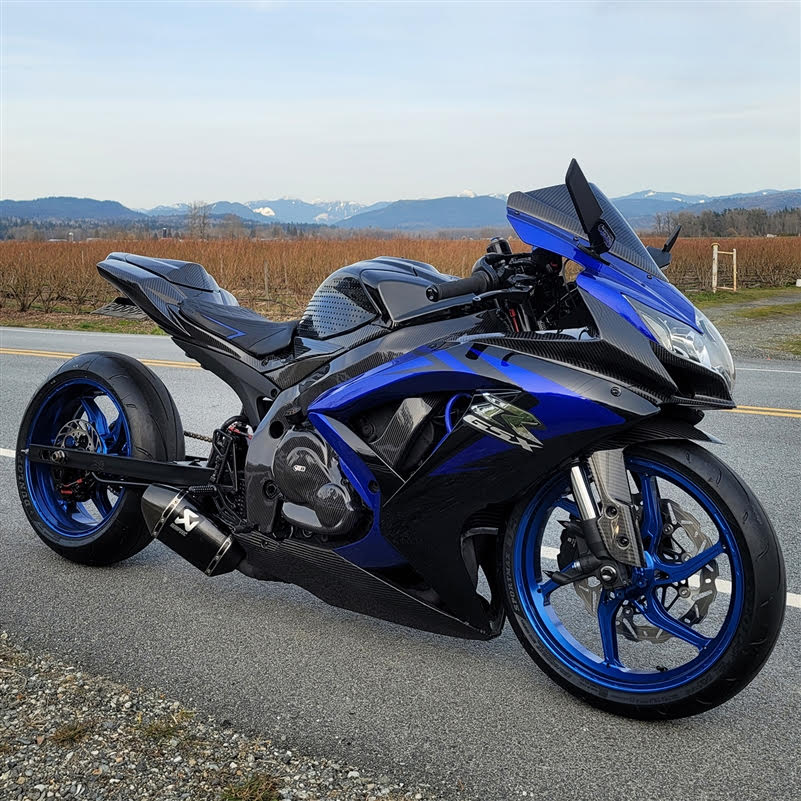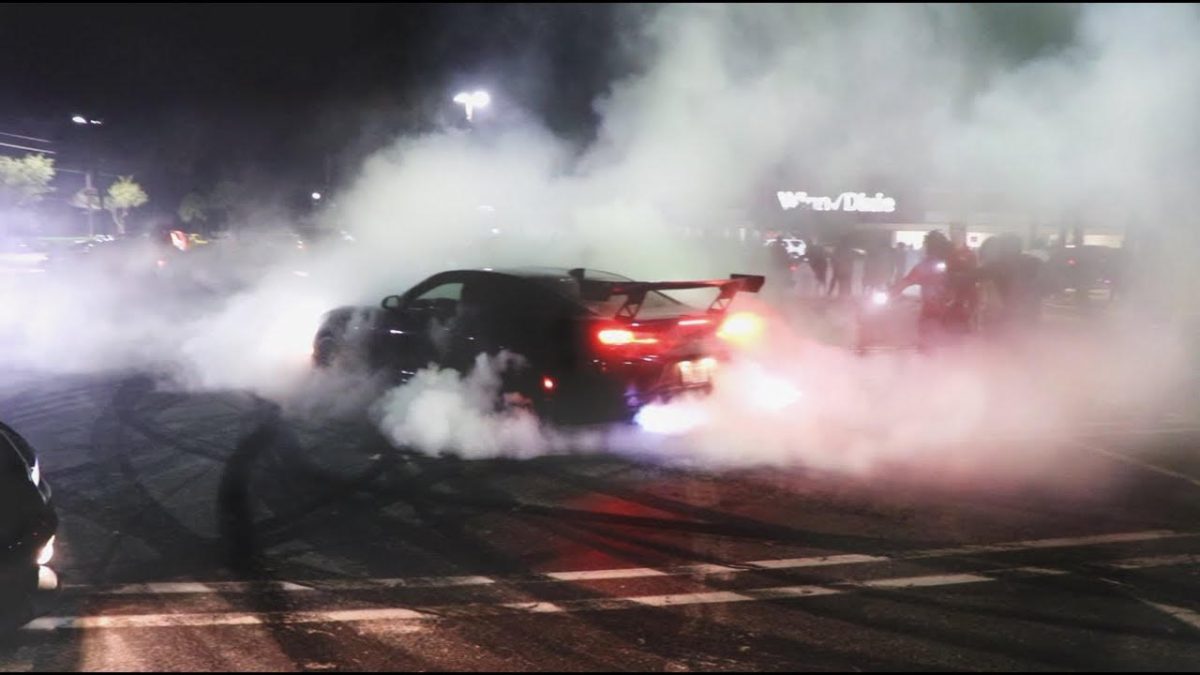Cars are more than just a machine to get you from Point A to Point B. For car enthusiasts, custom autos are a passion. Modifying a car isn’t just for the kick or the noise, because you can put your expression into your car in any way that you like. So why should laws restrict people from enhancing their own vehicles?
Certain car modifications exist for environmental and safety reasons, but outright banning most of these mods is a step too far. Legalizing and regulating modifications can help car efficiency and the economy. A car starts in a factory being made for a driver’s needs, but car enthusiasts want to push past those limits. With muscle cars like the Ford Mustang or the Chevrolet Camaro, they often receive engine upgrades, like cams and superchargers to boost horsepower.
California has strict car modification laws meant to keep roads safe, but many of these restrictions feel unnecessary and take the fun out of customizing cars. For example, the law limits exhaust noise to 95 decibels, and removing parts, like the catalytic converter, to reduce emissions is illegal. Other rules ban dark window tinting, neon underglow lights, and extreme changes to a car’s height. Even small things like colored headlights, aftermarket steering wheels without airbags, and certain engine modifications are restricted.
These laws were originally meant to reduce pollution and improve safety, but many go too far by banning modifications that don’t actually make cars unsafe. Superchargers, turbos, and even small tuning adjustments are restricted under strict emission laws, even if they make the car more efficient.
Japanese Domestic Market (JDM) cars, like the Nissan Skyline or Toyota Supra, are popular for customization, yet many mods, such as aerodynamic body kits or engine upgrades, are illegal in some states. However, while engine swaps ARE legal in California, they must meet strict guidelines. The engine must be a CARB-certified vehicle, keep all emission controls, and pass a BAR inspection, making modifications costlier and more complicated. 
Even lowering a car’s suspension, known as “stancing”, is banned in certain areas due to concerns about stability. Instead of outright bans, better regulations could allow enthusiasts to modify their cars safely without unnecessary restrictions.
Over the past twenty years, these car modifications have become a culture that involves craftsmanship, performance and even engineering. These aftermarket industries have created a boom with car enthusiasts, who may spend thousands of dollars at a time. Unfortunately, these strict and unnecessary laws are prohibiting car enthusiasts from expressing their passion legally.
Car mods are more than just changing cars; they have fostered a community. Car meets and car shows bring people together, where enthusiasts can showcase their creations, share ideas and build friendships. Modifying cars also involves skill and engineering, and it’s not just about looks. Many enthusiasts learn to improve their car’s performance, and mechanics are turning their passion into technical expertise.
Laws should be adjusted to let car enthusiasts legally modify their cars, while ensuring safety and environmental rules. For example, some states like Texas have more relaxed laws, while California has stricter rules on emissions. A middle ground could allow for modifications that meet safety and environmental standards, without restricting creativity.
Car mods are more than just a hobby. They reflect passion, creativity and craftsmanship. Rather than strict bans, better regulations can protect enthusiasts’ rights, while also ensuring that cars are safe and environmentally friendly. It’s time for a fair balance that respects both the culture and the need for regulations.












